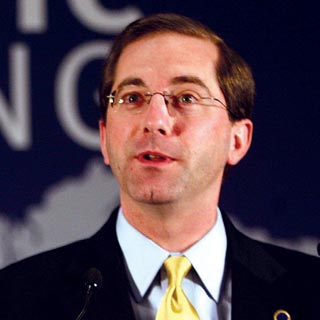
A pair of Congressional subcommittees focused on oversight have banded together to examine ways to reduce Medicaid fraud and waste.
The Centers for Medicare & Medicaid reports 10% of all 2017 payments involved incorrect reimbursement rates or unneeded or non-covered care. The Government Accountability Office has also called Medicaid a “high-risk” program since 2003, noting its susceptibility to fraud, abuse and mismanagement. Medicaid is far and away the No. 1 payer of skilled nursing care in the United States.
Lawmakers have traditionally seen cutting improper payments as a way to offset rising costs. In March the Council for Medicare Integrity asked Health and Human Services Secretary Alex Azar to expand audit capabilities. The Trump administration has broadly backed Medicaid reform, ranging from instituting block grants to states to beneficiary work requirements, cutting funding and considering lifetime limits.
But San Francisco attorney Judith Waltz told Bloomberg Law that it’s become harder to target waste such as improper payments in the age of Medicaid managed care.
“You now not only have the 51 state systems [including Washington, D.C.] processing claims but you have multiple Medicaid managed care plans and their subcontractors processing Medicaid claims,” agreed attorney Ellyn Sternfeld. “What’s considered an improper claim in Kentucky may not be an improper claim in Washington.”
Waltz said that in response, the federal government has increased its Medicaid antifraud enforcement much more than in the past, when enforcement was largely left to the states
From the April 01, 2018 Issue of McKnight's Long-Term Care News




